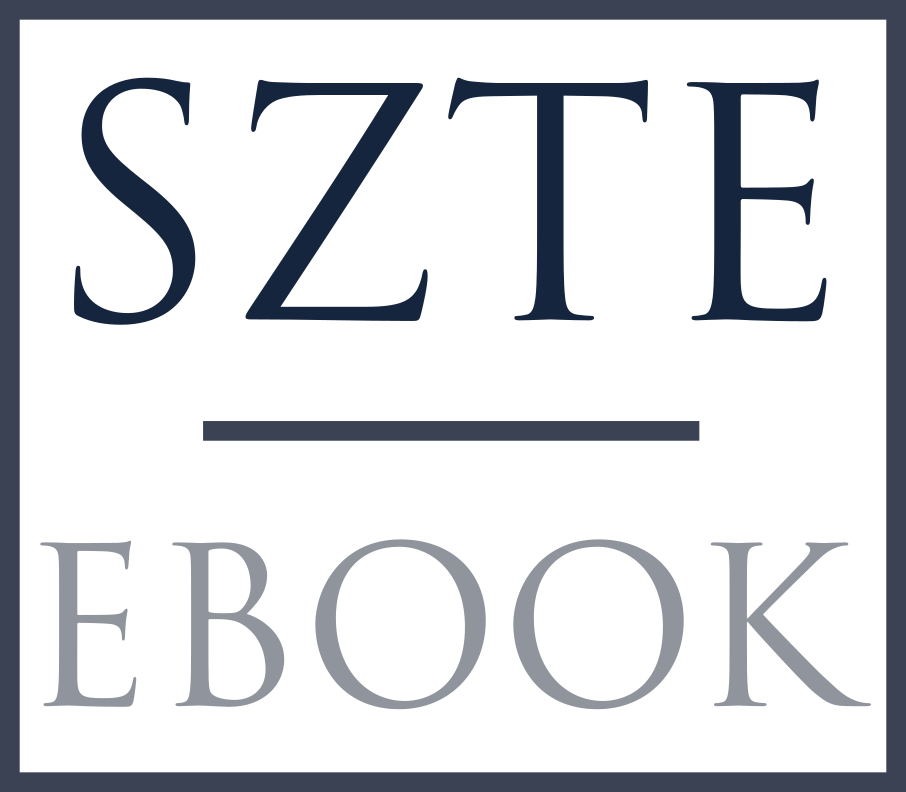Clustering and education: A study on European schools
Tartalom
The education standard is of utmost importance because it forms the basis of a country’s future geoeconomic and socioeconomic progress and success. The study’s main objective is to use cluster analysis to reveal the complex patterns, correlations, and relationships hidden between numerous education-related variables. The study uses clustering algorithms to group European nations with similar educational traits post-COVID-19. The selected variables – 44 European countries, Populations, GDP per capita, Scholars Enrollment Percentage, Number of Schools, and Successful Education Rate – combine to obtain a thorough framework for analysis. The study also explores the similarities and differences to predict the rate of successful schooling with statistical models. The clusters are vividly depicted in visualizations and tabular representations, which improves understanding of intricate data patterns. The categorization analysis opens doors to predictive modeling in the education sector, providing a potential tool for estimating academic achievements, notwithstanding some difficulties. These results highlight how analytics may improve the educational system.
Keywords: education, clusters, correlations, statistical analysis


